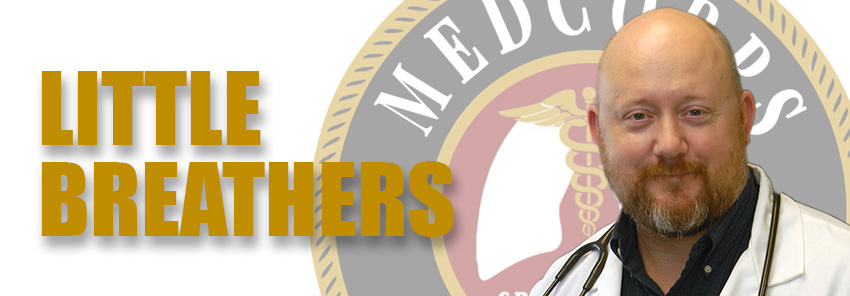
Navigating the Challenges of Long COVID-19: Understanding Symptoms and Seeking Support
By Allen L. Silvey, Jr., DO
Long COVID-19, also known as post-acute sequelae of SARS-CoV-2 infection (PASC), is a condition that affects individuals who have recovered from the acute phase of COVID-19 but continue to experience lingering symptoms and complications. This condition can impact various aspects of a person's health and daily life, requiring proper understanding, support, and management. In this article, we will explore the challenges of long COVID-19, common symptoms, available support, and strategies for coping with this condition.
- Understanding Long COVID-19:
- Common Symptoms:
- Persistent fatigue and exhaustion
- Shortness of breath and difficulty breathing
- Cognitive difficulties, such as brain fog and difficulty concentrating
- Muscle and joint pain
- Chest pain or tightness
- Headaches
- Sleep disturbances
- Anxiety, depression, and mood changes
- Loss of taste and smell
- Gastrointestinal issues, such as nausea, diarrhea, or loss of appetite
- Seeking Support:
- Consult with your pulmonologist: Discuss your symptoms and concerns with a healthcare professional who can evaluate your condition, provide appropriate tests if necessary, and guide you through the management process.
- Join support groups: Connecting with others who are experiencing similar challenges can provide validation, emotional support, and valuable insights into coping strategies. Online support groups or local community organizations can be excellent resources for finding such support.
- Access specialized clinics: Some regions have established specialized clinics or programs dedicated to long COVID-19 care. These clinics often provide multidisciplinary care involving various healthcare professionals, including doctors, nurses, physiotherapists, psychologists, and occupational therapists.
- Coping Strategies:
- Pace yourself: Listen to your body and avoid overexertion. Gradually increase activity levels based on your tolerance, and be mindful of rest and recovery periods.
- Practice self-care: Prioritize self-care activities such as maintaining a balanced diet, staying hydrated, getting adequate sleep, and managing stress through relaxation techniques, meditation, or engaging in hobbies you enjoy.
- Seek occupational and physical therapy: These therapies can provide guidance on managing specific symptoms, rebuilding strength and endurance, and adapting daily activities to conserve energy.
- Address mental health: Long COVID-19 can take a toll on mental well-being. Seek support from mental health professionals who can assist in managing anxiety, depression, or other emotional challenges you may be experiencing.
Long COVID-19 refers to a range of persistent symptoms experienced by individuals after recovering from the acute phase of COVID-19. These symptoms can persist for weeks or months and affect people of all ages, regardless of the severity of their initial illness. The exact cause of long COVID-19 is still under investigation, but it is believed to result from a combination of factors, including ongoing inflammation, immune system dysregulation, and potential organ damage.
The symptoms of long COVID-19 can vary widely among individuals, affecting multiple organ systems. Some common symptoms include:
If you are experiencing long COVID-19 symptoms, seeking support and medical guidance is crucial. Consider the following steps:
While there is no one-size-fits-all approach to managing long COVID-19, implementing certain strategies may help improve symptoms and enhance overall well-being:
Long COVID-19 is a complex condition that requires understanding, support, and multidisciplinary care. If you are experiencing persistent symptoms following a COVID-19 infection, reach out to your pulmonologist for evaluation and guidance. Connect with support groups and specialized clinics to find the necessary support and resources to manage your symptoms effectively. Remember, you are not alone in this journey, and with time, proper care, and support, the impact of long COVID-19 can be minimized, and your quality of life can improve.
Give us a call at 856-352-6572 to schedule an appointment



